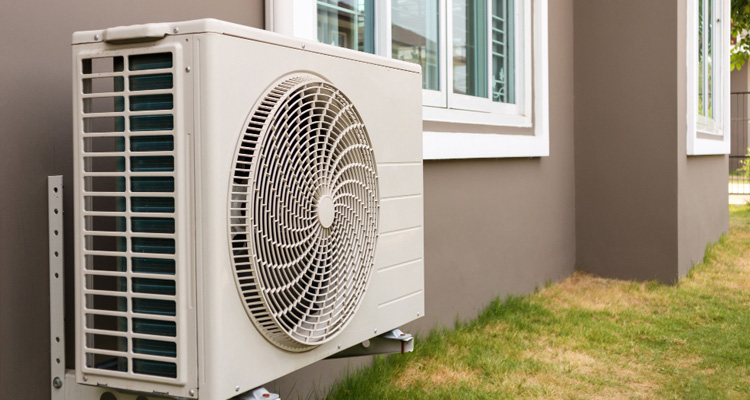
With the cold winter, many homeowners from colder regions are looking for energy-efficient heating solutions. The heat pump is one alternative that always turns heads. Heat pumps are growing in popularity as they can do both heat and cool, but there is a misconception about cold weather areas that follow this logic. Today, we will examine some misconceptions about heat pumps for cold weather and provide accurate information in this blog.
Myth 1: Heat Pumps Don’t Work in Cold Weather
Truth: Many current heat pumps are made to function effectively in chilly weather, mainly if you live in a milder winter. Over time, technological improvements have allowed modern heat pumps to operate with relative efficiency in temperatures as low as -15°C (5°F) or even lower—a marked improvement over the struggles of previous generations. In addition, cold-climate heat pumps are designed with specific features to improve performance despite extreme frigid temperatures.
Fact 2: Heat Pumps Are Highly Effective in Winter
Truth: Heat pumps are some of the most energy-efficient heating and cooling systems available in summer and winter. Heat pumps operate differently than standard heating systems, which burn fossil fuels to produce heat or use electric resistance; they do not create heat like furnaces or baseboard heaters. This makes them much more efficient, as they don’t generate heat; they carry it. To keep functioning correctly and deliver reliable heating, cold climate heat pumps perform various tasks, such as using variable-speed compressors to remain efficient when temperatures drop and running regular defrost cycles.
Myth 3: Heat Pumps Are Expensive to Install.
Truth: A heat pump may cost more than traditional systems up front, but it will save you money in the long run, so it qualifies. Heat pumps save you up to 50% on heating and cooling over traditional systems, so they are an investment that pays for itself. Homeowners can also receive rebates and incentives for energy-efficient systems, which sometimes reduce initial costs even more.
Myth 4: Heat Pumps Will Not Heat My Home Properly
Truth: Today’s high-efficiency heat pumps can provide plenty of warm air for the entirety of your home, even in cooler months. Cold-climate heat pumps have been specifically designed to perform reliably and deliver regular heating at lower outdoor temperatures. They can also work alongside a backup heating system (such as electric resistance heat) to keep your home warm on even the coldest days.
Myth 5: Heat Pumps Require a Lot of Maintenance
Truth: Heat pumps are very low-maintenance systems, especially compared to traditional heating methods. Regular maintenance, such as changing the filters and checking refrigerant levels, will also help ensure that your heat pump runs efficiently. Heat pumps will easily last you a minimum of 15 to 20 years as long as they get the care that keeps them running correctly all year.
Myth 6: Heat Pumps Are Noisy
Truth: Some heat pump models were loud in the past, but that’s not true with today’s systems. Most cold-climate heat pumps will have additional features on them to attempt to keep the noise levels down. These might include variable-speed fans that can run slow during off-peak hours or at night when you are sleeping, for example. Insulation added around different components may also help nullify some of this sound. Today, modern heat pumps are typically about as loud running in your home as a refrigerator.
Conclusion
At the end of it all, heat pumps are a good solution for homeowners in any colder climate. These systems offer warm, reliable heat that is also energy-efficient in the depths of a cold winter. More current technology allows this to be possible. This allows us to debunk the most common myths surrounding heat pumps so you can decide if this technology is suitable for your home.
Suppose you plan to get a heat pump system or want more information about its benefits. Call Aire One Vaughan today! Let our pros help you get started and be sure your system is well-maintained from year to year. Schedule a Consultation Now!








